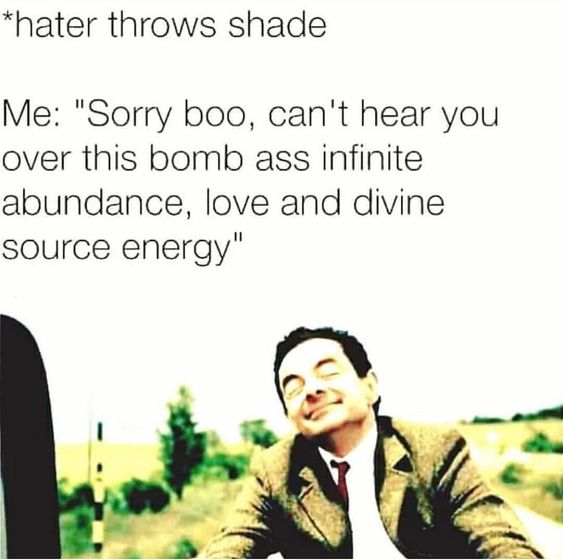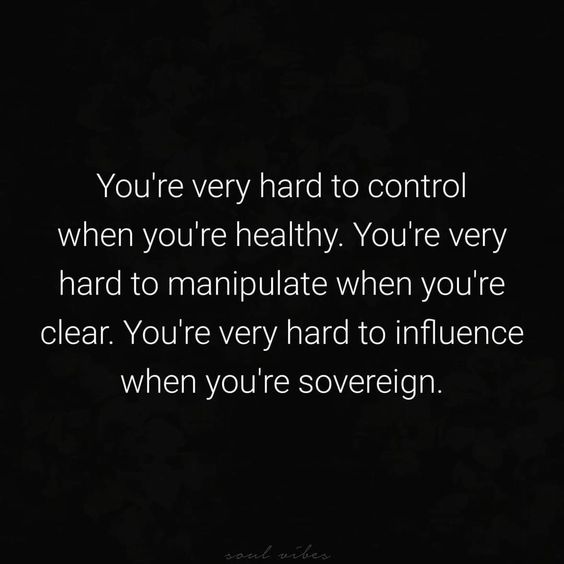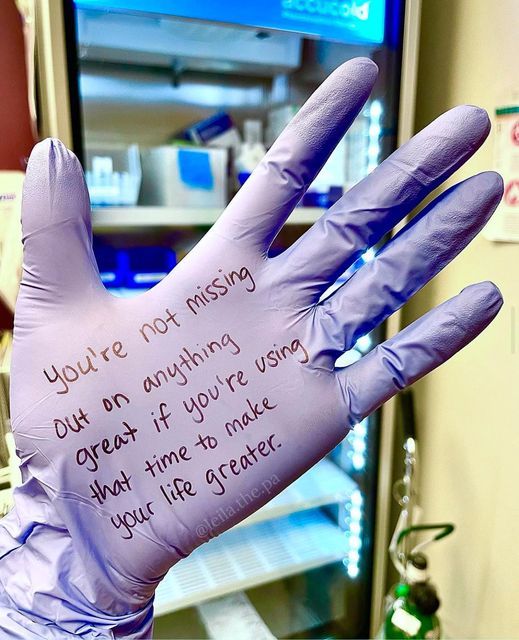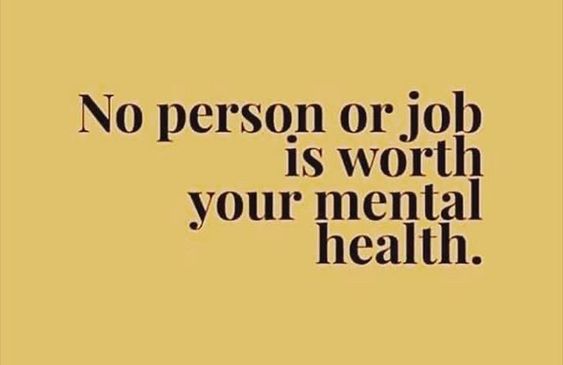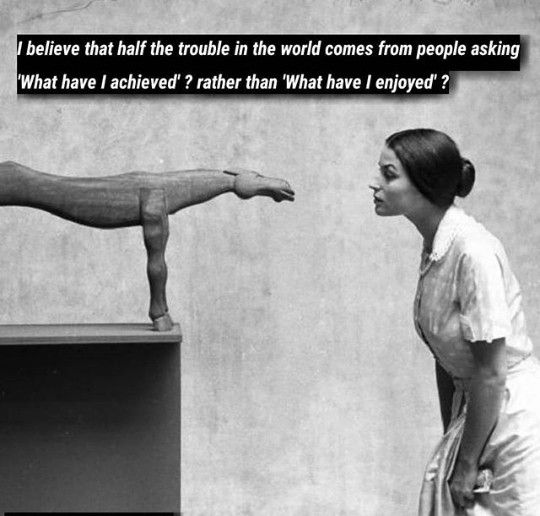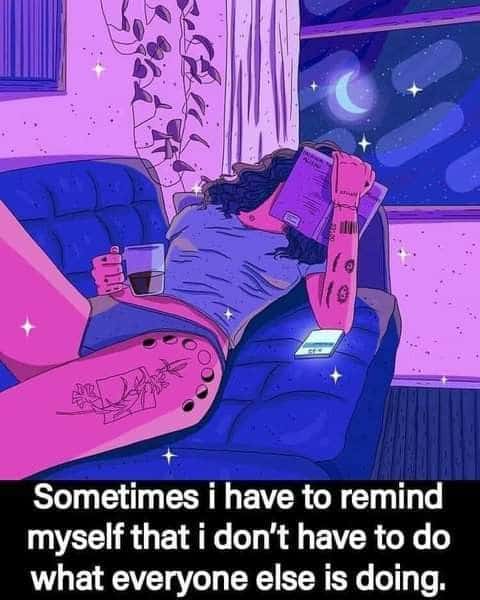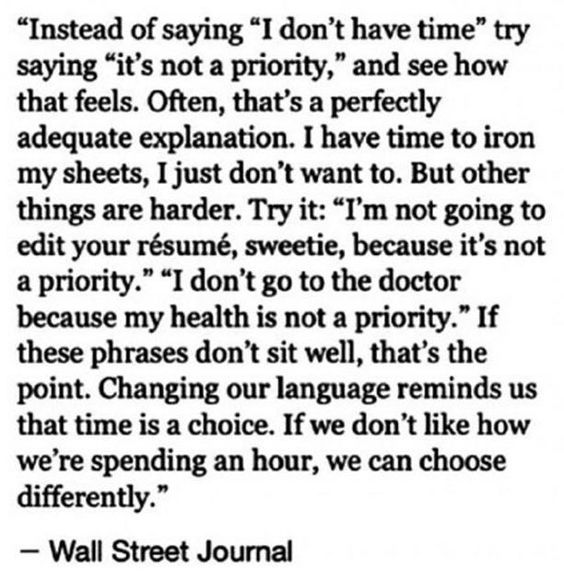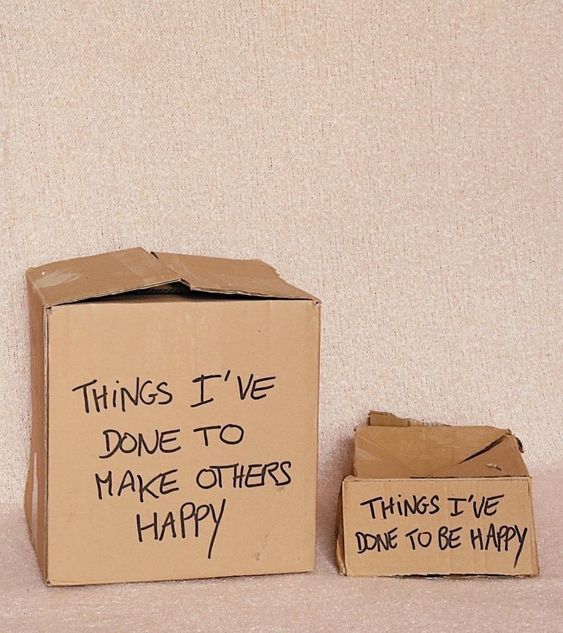“Only once you give yourself permission to stop trying to do it all, to stop saying yes to everyone, can you make your highest contribution towards the things that really matter.”
Greg McKeown, Essentialism (Page 4)
Essentialism [Book]
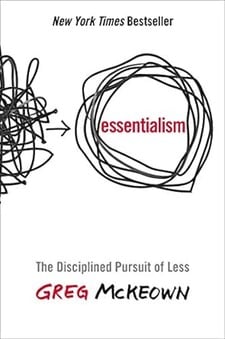
Book Overview: Essentialism is more than a time-management strategy or a productivity technique. It is a systematic discipline for discerning what is absolutely essential, then eliminating everything that is not, so we can make the highest possible contribution toward the things that really matter. By forcing us to apply more selective criteria for what is Essential, the disciplined pursuit of less empowers us to reclaim control of our own choices about where to spend our precious time and energy—instead of giving others the implicit permission to choose for us. Essentialism is not one more thing—it’s a whole new way of doing everything. It’s about doing less, but better, in every area of our lives. Essentialism is a movement whose time has come.
Post(s) Inspired by this Book:
23 Greg McKeown Quotes from Essentialism and How To Live Better Via Less
“Nobody wants to sit with you at dinner while you’re on the phone. This is where we confuse time and energy. You can spend a whole hour with someone, but only give them ten minutes of energy. I’m not able to spend much time with my family, but when I’m with them I’m 100 percent there. I’d rather spend two hours with them, focused and engaged, than give them partial, distracted energy for a whole weekend.”
Jay Shetty, Think Like A Monk (Page 240)
“People always talk about ‘leaving money on the table’ like it’s a terrible thing. Why don’t you sell another digital product? Why don’t you do a mastermind? Why don’t you sell physical products? But no one ever speaks about the mental and emotional costs associated with managing all of that. I think we need to shift our perspectives.
April Perry, LearnDoBecome
– Why are you leaving ‘peace of mind’ on the table?
– Why are you leaving family time on the table?
– How about mental health and being ‘enough’ with what you already have and do?
– How is your connection with God?
– What’s the quality of your marriage?
– Can you sit and ‘just be’?
– Can you laugh and sing and truly relax with loved ones?
– Can you look at your relationships + natural + all God has given you, and sit in awe for a moment?
It doesn’t have to be ‘either/or’ but out of all of that, if I have my family’s financial needs covered, the FIRST thing I’ll leave on the table is money.”
“Your profession should only be one part of life. It should not overlap into every dimension of your life, as ordinarily it does. A doctor becomes almost a twenty-four-hour doctor. He thinks about it, he talks about it. Even when he is eating, he is a doctor. While he is making love, he is a doctor. Then it is madness; it is insane. My suggestion is that you work for five or six hours. Use the remaining hours for other things: for sleep, for music, for poetry, for meditation, for love, or for just fooling around. That too is needed. If a person becomes too wise and cannot fool around, he becomes heavy, somber, serious. He misses life.”
Osho, Everyday Osho (Page 87)
“We tend to wear our ability to get by on little sleep as some sort of badge of honor that validates our work ethic. But what it is is a profound failure of self-respect and of priorities.”
Maria Popova, via Think Like A Monk (Page 125)
“Most of us don’t sit down and think about our values. We don’t like to be alone with our own thoughts. Our inclination is to avoid silence, to try to fill our heads, to keep moving. If you go to a networking event every day and have to tell people what you do for a living, it’s hard to step away from that reduction of who you are. If you watch Real Housewives every night, you start to think that throwing glasses of wine in your friends’ faces is routine behavior. When we fill up our lives and leave ourselves no room to reflect, those distractions become our values by default.”
Jay Shetty, Think Like A Monk (Page 11)
